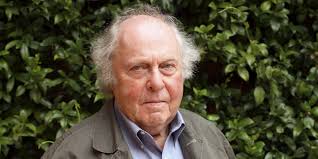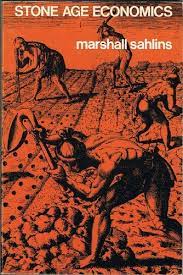Wolff’s proposal is to legally convert private enterprises [I take it of some large size] into worker-owned enterprises on the model of the Mondragon enterprise in Spain.
Wolff is trying to satisfy a principle of equality in outcome.
I, in contradistinction, am not driven by any principle of an equality of outcome, but rather I am driven by a principle for an equality of opportunity. I want a universal right for access to subsistence, and I see this demand being satisfied by allowing everyone a right of free access to subsistence land.
Thus, I do not propose barring free enterprises, nor exploitation, nor surpluses, nor profits. In my arrangement, a private entrepreneur could actually be beneficial to those who cannot help themselves, i.e., those who cannot survive independently, but can do so by being directed.
And concerning those who can help themselves independently, the entrepreneur will have to lure them with a reward which is greater than that which they could eke out by their own efforts, or efforts of those who have combined in some co-operative manner. In other words, he will be compelled by the circumstances to minimize his profits. Thus, Wolff’s desire for eliminating “exploitation” in factories will tend to be achieved by my proposal.
In my thought experiment with Crusoe and Friday on an island, I imagined that they agreed to a division of the island into two equal parts, but that Crusoe possessed a rifle with bullets, and that the island had many feral pigs. Crusoe would let Friday use the gun on the condition that Friday share his kills with Crusoe.
Since this arrangement was better than what Friday could manage on his own without a rifle, he agreed to the deal. This is an example of an agreed to exchange where Crusoe is “exploiting” Friday. But this is not an example of capitalism because Friday is not forced to accept the deal at the cost of starvation (by not having free access subsistence land), because, after all, he still can hunt pigs with a spear, a bow, or some form of trap. It is simply that he can more easily shoot two pigs in a much shorter time than it would take to get even one pig by an alternative method.
We can generalize from this example to say that Crusoe will be “rewarded” if he can come up with some appealing invention or idea — including some form of entertainment. [As does Wilt Chamberlain in Robert Nozick’s Anarchy, State, and Utopia (1974)] But the reward will tend to be short-lived. For example, Friday could — hypothetically speaking — make his own rifle and bullets. And someone else can become more entertaining than Wilt Chamberlain.
In our current society, there are patent laws, which ensure a monopoly and profits. On the island, there are no patent laws.


